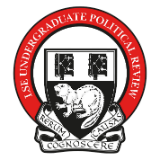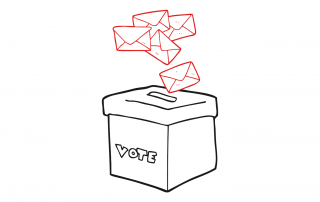Our Political Economy articles summarise the key points from GV225 and IR206
What is political economy?
Political economy is a broadly defined term which can refer to multiple traditions of scholarship in political science. To contextualise our Political Economy articles within the traditions they derive from, this preface provides a brief survey of the term.
Political economy as a domain of inquiry
Political economy can be understood as the study of how political factors influence economic outcomes. Rooted in moral and political philosophy, classical political economy began with Adam Smith’s Wealth of Nations (1776) and John Stuart Mill’s Principles of Political Economy (1848). In Wealth of Nations, governmental action such as deregulation, division of labour and the protection of property/contract rights are argued to achieve more efficient and productive economic outcomes. In a critique of classical political economy, Marxian political economy considered how economic superstructures grounded in neoclassical capitalism lead to the exploitation of labour and ultimately towards revolutionary outcomes.
International Political Economy (IPE) combines the political and economic phenomenon that compose the international system, transcending state borders. It particularly focuses on relations of power in international economic relations, analysing international structural factors as well as the role of domestic political interests and their influence on foreign economic policies. This can lead us to ask why a state has pursued a particular set of economic policies, such as protectionism or liberalism. More importantly, it sheds light on the ‘winners’ and ‘losers’ in both the international system and the state. It further attempts to link the effects of the international economic system on domestic political economy and vice versa.
Starting with a broad overview of the international monetary and trade systems since 1944, major approaches in IPE include contemporary systemic theories of international cooperation, interest group politics, ideas and institutions. More specific areas comprise debates on trade, monetary policy, the political roots of financial crises, globalisation and the retreat of the state.
In these various intellectual traditions, politics was thus understood as inseparable from economics.
Political economy as an approach
In the late 19th century, ‘Economics’ had emerged as a distinct field from the primordial soup of 18th century political economy. This departure was characterised by the increasing use of formal and mathematical modelling, popularised by textbooks such as Alfred Marshall’s Principles of Economics (1890). Whilst retaining the original focus on the political determinants of economic outcomes, economics abstracted from such determinants by viewing political phenomena in terms of incentives, constraints, scarcities, preferences and so on. Thus understood, political economy also refers to a tradition of political science that uses economic methods and frameworks to interpret political phenomena.
A substantive part of this tradition is public choice theory. Public choice is a positive political theory that describes political phenomena using economic tools such as decision theory and game theory. Some of its foundational works include Kenneth Arrow’s Social Choice and Individual Values (1951), Anthony Down’s An Economic Theory of Democracy (1957), and Mancur Olson’s The Logic of Collective Action (1965).
– Vernon Yian, BSc Politics and Philosophy ’21
– Mashal Ijaz, BSc Politics and International Relations ’21
– Kimberley Chia, BSc Politics and Economics ’21

